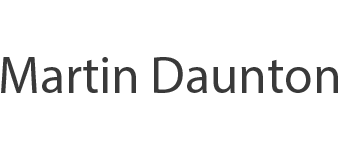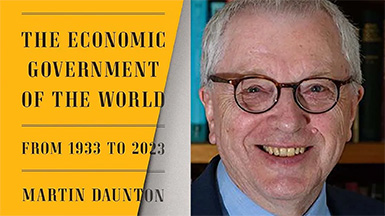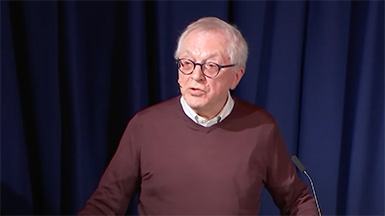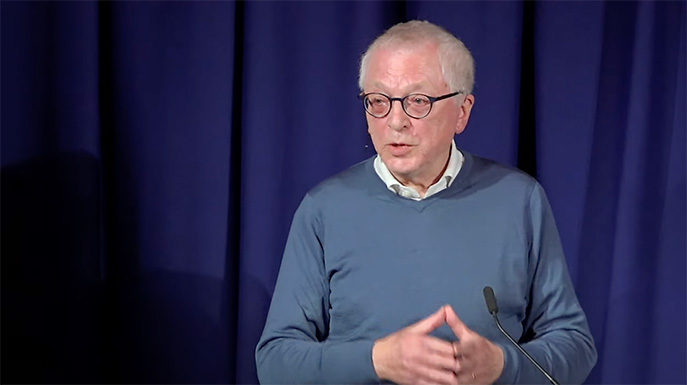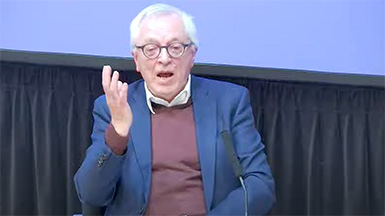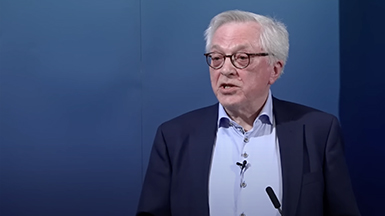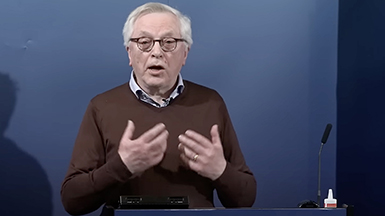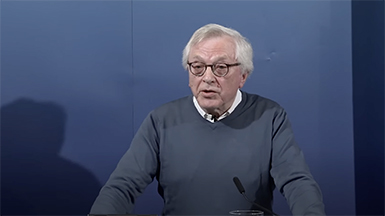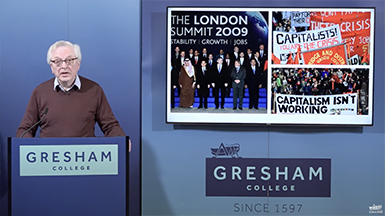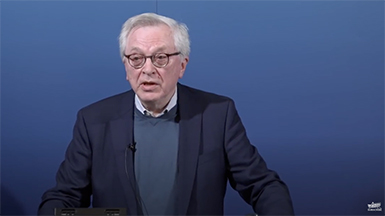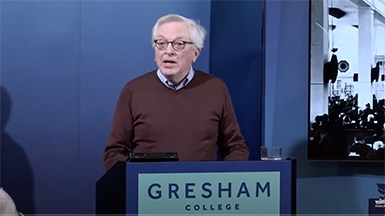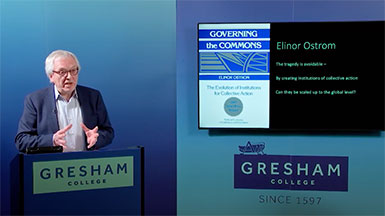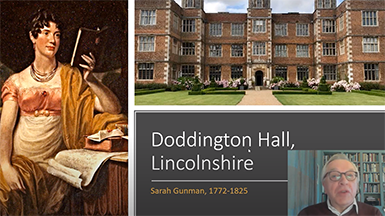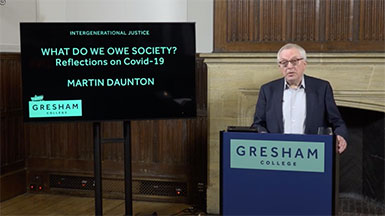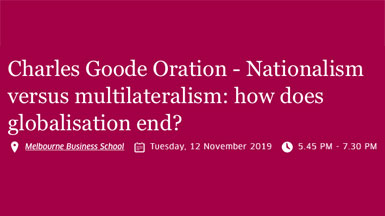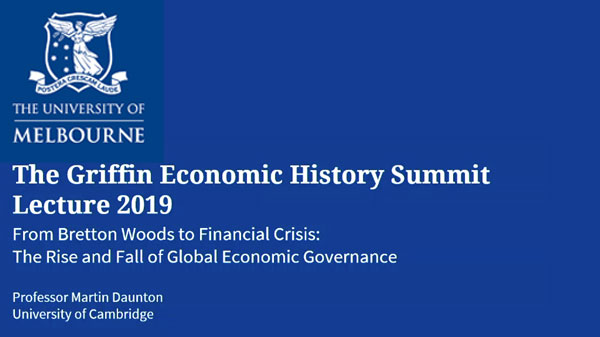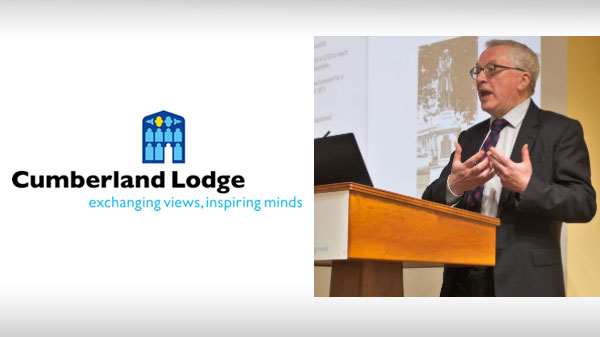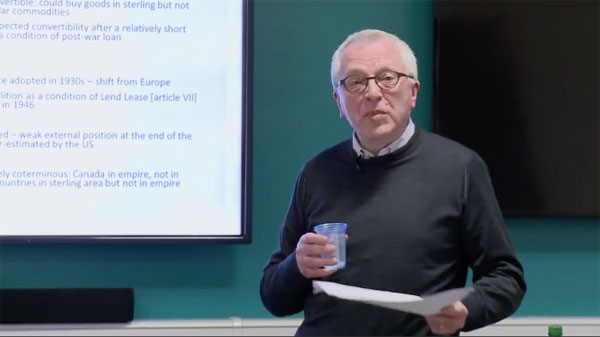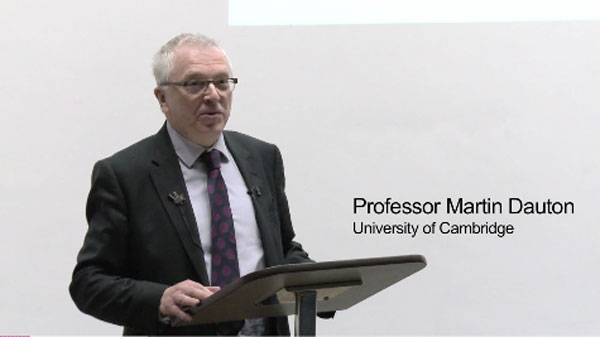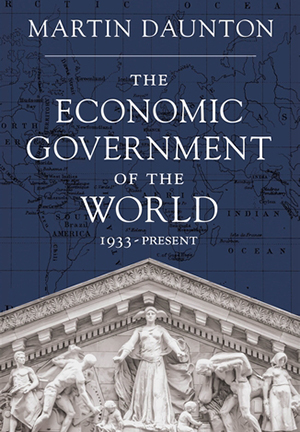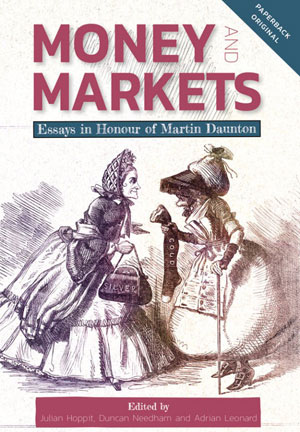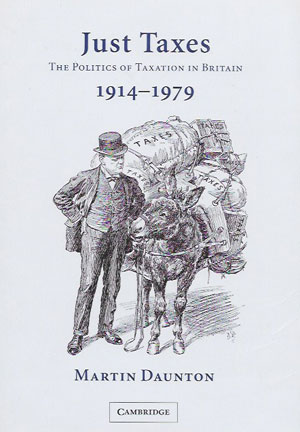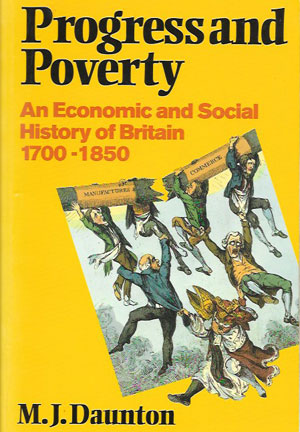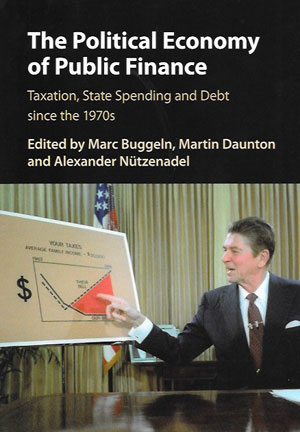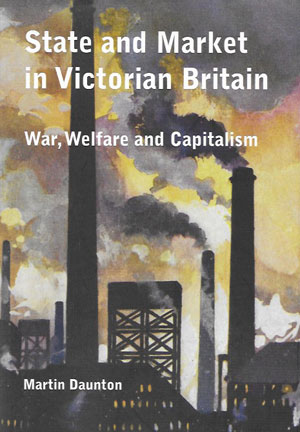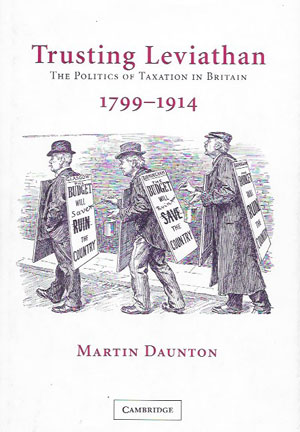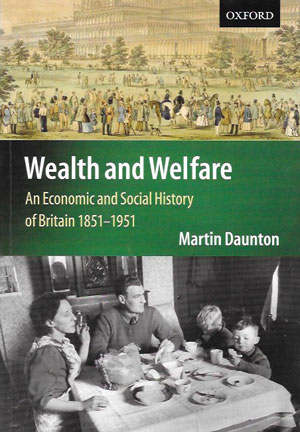Audio and Video Recordings
The Economic Government of the World
6 March 2024
Kimberly Weir, Professor Emeritus of Political Science at Northern Kentucky University talks with Martin Daunton, Professor Emeritus of Economic History at the University of Cambridge.
Export-Led Growth in the Asian Tiger Economies
6 February 2024
Why have economies in east Asia been more successful in escaping from under-development and achieving high levels of growth? Japan’s experience of avoiding colonisation and creating a modern economy offered a model to other countries, some of whom had themselves been colonised by Japan – above all, South Korea. How did Japan and Korea create a successful model of export-led growth with a close connection between the state and business that was criticised by the IMF as ‘crony capitalism’?
Markets and Marxism: USA, USSR and China
31 October 2023
Different models of economic modernity competed during the Cold War. Washington feared that the transition from colonial peasant societies would provide an opening for Marxists, as in Vietnam. But by 1989, the Soviet economic model was in crisis and attempts to create a market economy led to Putin’s kleptocracy. In China, the disaster of Mao’s Great Leap Forward was followed by successful transformation.
The Economic Government of the World, 1933-2023
26 October 2023
In his latest book, which forms the basis of this lecture, Martin Daunton pulls back the curtain on the institutions and individuals who have created and managed the economy over the last ninety years, revealing how and why one economic order breaks down and another is built.
Who Benefited from the British Empire?
16 April 2023
Who benefited from the British Empire? In the metropole, did it benefit wealthy landed aristocrats and financiers of the City of London, or did the Empire create employment and cheap goods for British workers? What was the impact on different parts of the empire, and different social groups, as they were drawn into a global economy?
Slavery and the British Economy
7 February 2023
During debates over the abolition of slavery, supporters of the system claimed that it was vital to the British economy and that abolition would be disastrous. The abolitionists argued that slavery was immoral and that the economy would prosper in its absence. Just how important was slavery to British economic success? This question continues to resonate in modern debates over the historic role of slavery’s profits in the building of country estates or the endowments of charities.
Why Did Europe’s Economies Diverge from Asia?
18 November 2022
The levels of income in parts of China and India were similar to those in Europe in the middle ages, until the Mediterranean pulled ahead – followed by northern Europe, initially Holland and then Britain. This ‘great divergence’ was one of the fundamental shifts in history – and is only now being reversed.
The Global Financial Crisis and COVID… What Next?
5 May 2022
‘Hyper-globalisation’ and the power of finance culminated in the global financial crisis of 2008 that was potentially as severe as the Great Depression. The outcome was not public spending but austerity that hit the poor and Quantitative Easing that benefited the assets of the rich. The result was inequality and precarity, with barely any improvement in the standard of living for most by the time Covid hit. What signs are there of a much-needed transformation in attitudes to the economy?
The Oil Shock and Neoliberalism
18 February 2022
The oil shocks of 1973 and 1979 led to international disruption and a crisis in the post-war order. Domestically, weaker productivity growth, the squeeze on profits, and de-industrialisation led to conflict between capital and labour.
The Great Depression and ‘Embedded Liberalism’
16 November 2021
The Great Depression posed a serious threat to democratic capitalism as economic nationalism flourished and Communism and Fascism offered alternative models. In response, democratic capitalism was remade.
Intergenerational Justice and Climate Change
19 April 2021
Climate change and the over-exploitation of resources now may mean that unless the current generation modifies its behaviour, generations ahead may either not be born or will inherit a world with severe problems. A village or even a nation state can develop rules to prevent depletion of resources so that it does not cut down forests or over-fish the oceans. But how can that be done globally when the action of one country can have a harmful effect on another?
Should We Inherit?
16 February 2021
Transfer of resources between currently existing generations. There is a clear link with the previous time scale, for a collective solution will mean that the cost of those currently drawing benefits is paid by those currently in employment. But there are further ramifications. Should the assets of the older generation pass to the younger generation or not?
What Do We Own Society? Reflections on COVID-19
10 November 2020
How has Covid-19 re-shaped our ideas about what we owe society? The lockdown has had a terrible impact on the economic prospects of young people – and the elderly have suffered from high mortality in care homes. Choices have to be made between the generations. Should people save and pay for their own pensions, care in ill-health and old age as an individual responsibility? Or is it a societal duty that should be funded by compulsory payment of taxes?
Podcast: Economic historian Martin Daunton on the threat to world peace
2 March 2020
Is the increasing tension between nationalism and globalisation pushing the world toward war? That’s the question Professor Martin Daunton addressed while delivering the annual Charles Goode Oration at Melbourne Business School in late 2019.
From Bretton Woods to Financial Crisis: The Rise And Fall of Economic Governance
2 May 2019
The Griffin Economic History Summit Public Lecture, From Bretton Woods to Financial Crisis: The Rise and Fall of Global Economic Governance, will be presented by Martin Daunton, Professor Emeritus of Economic History at the University of Cambridge.
Contested Histories and Multiple Identities: The Place of the Past in the Present – Public lecture
6 March 2019
A recording of the public lecture that closed our ‘Difficult Histories & Positive Identities’ conference in February 2019, by Professor Martin Daunton
One World or Two Worlds? Defining Britain’s place in the world economy after Bretton Woods
The University of Manchester
28 March 2019
A seminar with Martin Daunton of the University of Cambridge.
Tawney Lecture 2015: Contesting Reconstruction: Remaking the Global Economic Order
13 May 2015
In this year’s Tawney lecture, Martin Daunton considers the conflicting and contested notions of the reconstruction of the world economy after the Second World War.
Books
The following books are currently in print. Details are availble by clicking on the jacket image.
